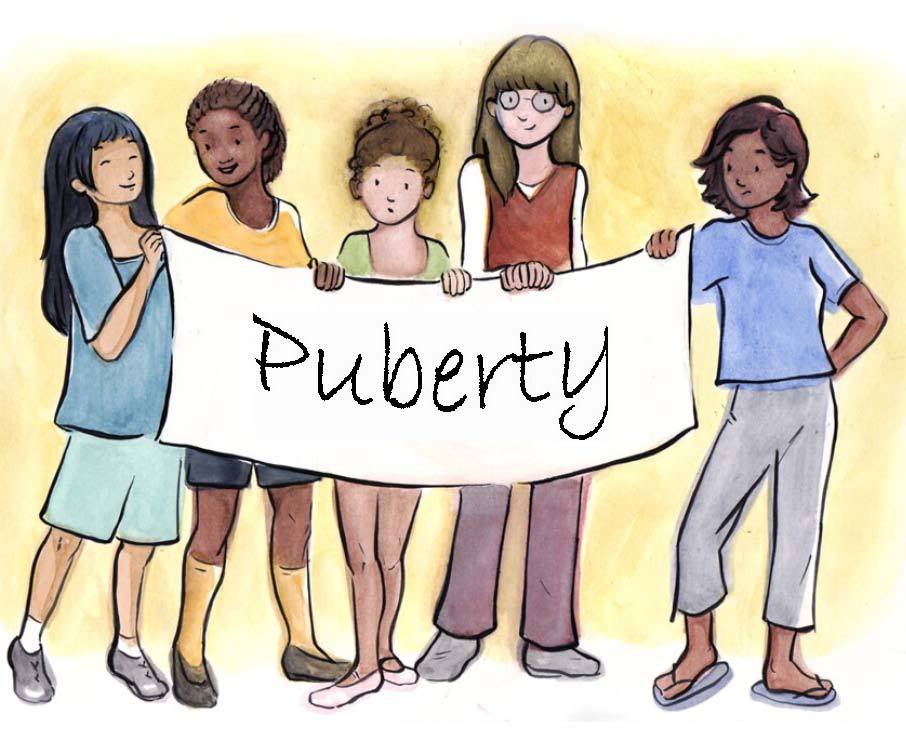- Excessive sensitivity
As your body goes through several changes during puberty, it’s natural to feel uneasy about them and become overly concerned with your physical appearance. As a result, you may become annoyed and frustrated, lose your temper, or feel deeply depressed. It will be beneficial to be aware of changes in your behaviours and to discuss them with someone you trust.
- Looking for a sense of identity?
As you are maturing into an adult, you may be curious about what makes you distinctive as a person. There is also a widespread propensity to associate with friends rather than family members. Psychologically, it could be because your buddies are going through the same thing you are. You may strive to figure out what makes you unique and how you fit into the world. This may eventually lead to a quest to become more self-sufficient than your parents and relatives.
- Feeling hesitant
Puberty, even if you are not fully an adult or a kid, can lead to unpleasant moments. During a transition period, you may begin to ponder and consider new and unknown parts of your life, such as your work, livelihood, and marriage. When you start thinking in these directions, you may feel confused about the future because everything is new and strange to you. This ambiguity becomes more apparent when the expectations of those close to you shift. You could be expected to take on more tasks than you were as a youngster. You will eventually grow into your new positions and become more confident in yourself, but this will take time depending on how you want to react to that situation.
- Peer influence
Your conversations with your acquaintances will become more frequent as puberty approaches. Your peer group and you are likely to be impacted by what you see in popular media and the culture represented by it. Depending on what you see, you may frequently pick up on what’s in and what’s out in terms of how you dress, your language, and even your behaviour. This may be unpleasant at times and may even alter your likes and dislikes. It’s also one of the reasons you don’t fit in with your classmates. These incidents might cause a breach between what your parents and friends consider proper.
- Differing viewpoints
As you’re in the middle of puberty as a teenager, you may feel caught between who you were as a child and who you want to be as an adult. For example, you may desire to be more independent while simultaneously seeking help from your parents. Another example may be if you want to give up your childhood hobbies to fit in with your peers. As a result, you may feel uneasy and seek clarification.
- Emotional ups and downs
In addition to the uncertainty and conflicted thoughts, you may have frequent and occasionally intense mood swings. For example, in a short period, your mood might go from confident and pleased to annoyed and dejected. These frequent changes in how you feel are referred to as “changes in mood.” They may arise as a result of changing hormone levels in your body and other changes that occur throughout puberty.
- Feeling self-conscious
The beginning of puberty varies from person to person. As a result, the way you develop may differ from the way your friends grow. This might make you more aware of how you’re developing and your health. These experiences are more pronounced for females because they develop faster and earlier than boys. Changes in their bodies, such as the growth of breasts and the expansion of their hips, are also more visible. This may make children feel self-conscious about their bodies in the presence of their peers of similar age.
- Feel sexual emotions.
Puberty is the time when you reach sexual maturity. Sexual maturity is the age at which you can have children. Being fascinated by sex as well as the bodies of individuals you are attracted to is one part of sexual maturity. With the start of puberty, it is common for a boy or a girl to become sexually attracted to someone with whom they would like to be more than “just friends.” Everyday activities, such as reading a love novel or watching a romantic moment on television, may also evoke sexual excitement. These emotions are natural, and there is nothing to be ashamed of. You may have a lot of sex questions. It’s a good idea to talk to a mature adult (such as your mother, doctor, or a counselor) with whom you feel comfortable talking about these things. You should get your questions answered and stay informative on sexual education.














